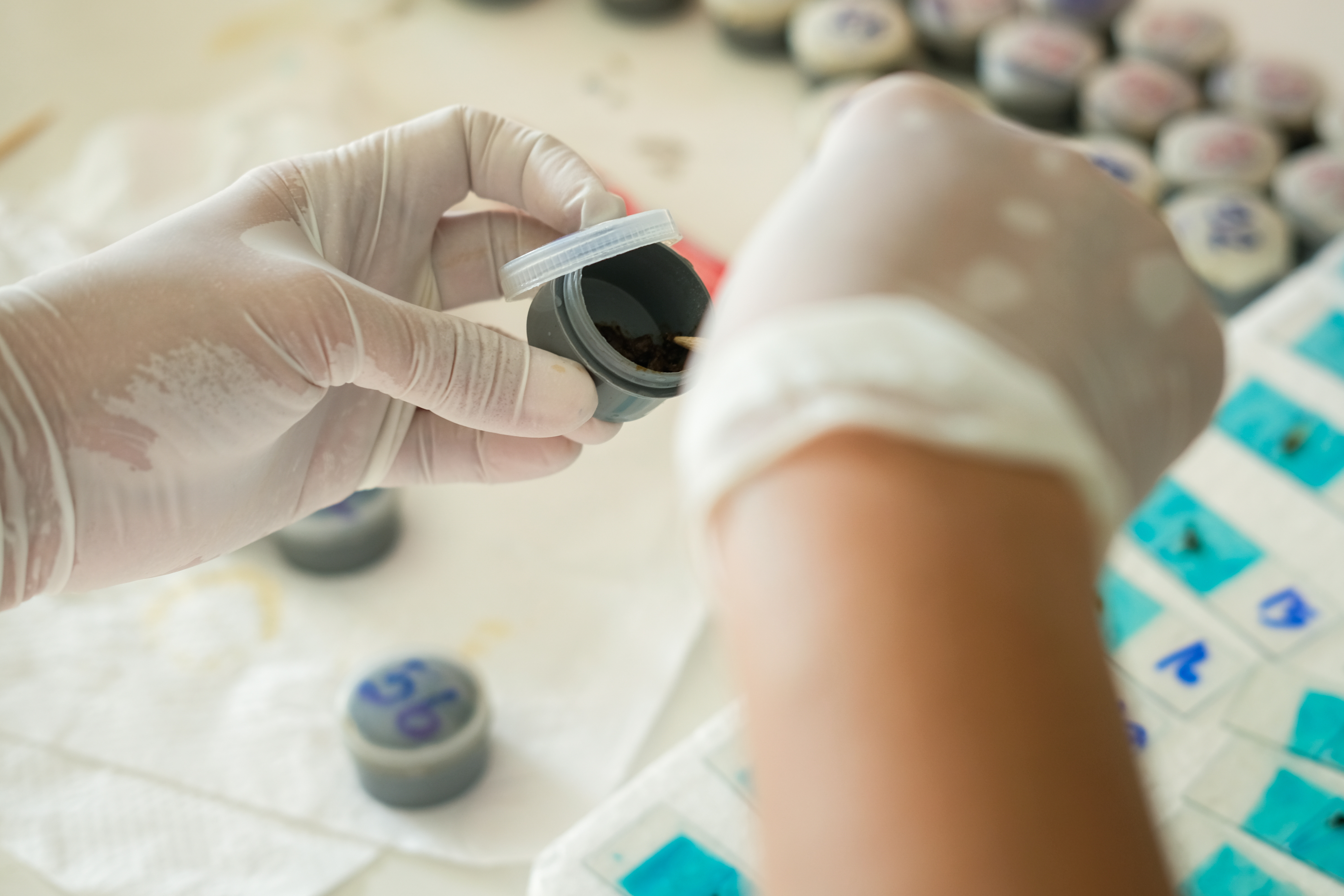Call Us
Call : +1 (800) 407-9260
Call : +1 (800) 407-9260
When it comes to safeguarding our health, early detection of cancer can make all the difference. One of the less-discussed but incredibly effective methods for early cancer detection is stool sample screening. In this comprehensive guide, we delve into what stool sample screening is, why it’s needed, and how it plays a pivotal role in the mission of Live Longer With Early Detection Cancer Screenings to save lives.
Stool sample screening, also known as fecal occult blood testing (FOBT) or fecal immunochemical test (FIT), is a non-invasive method used to detect blood in the stool. This test is crucial for identifying gastrointestinal bleeding, often a sign of colorectal cancer. By analyzing a small sample of your stool, healthcare professionals can determine if there are any microscopic traces of blood that may be indicative of underlying health issues, including cancer.
 Early Detection is Key: Colorectal cancer, often asymptomatic in its early stages, can become more advanced and difficult to treat if not detected in time. Stool sample screening enables the identification of potential issues before symptoms become apparent, increasing the likelihood of successful treatment.
Early Detection is Key: Colorectal cancer, often asymptomatic in its early stages, can become more advanced and difficult to treat if not detected in time. Stool sample screening enables the identification of potential issues before symptoms become apparent, increasing the likelihood of successful treatment.
Non-Invasive and Painless: Unlike invasive procedures like colonoscopies, stool sample screening is a simple, painless, and risk-free test that can be done at home. It is an ideal option for those who may be hesitant to undergo more invasive examinations.
Cost-Effective: Stool sample screening is a cost-effective method for widespread cancer screening. It is accessible to a broader demographic, making it an essential tool in population-level cancer prevention.
Regular Monitoring: It can be used as a part of routine health monitoring, especially for individuals at higher risk of developing colorectal cancer due to family history, age, or certain lifestyle factors. Regular screenings can lead to the timely intervention that saves lives.
Live Longer With Early Detection Cancer Screenings are at the forefront of promoting the importance of stool sample screening and facilitating access to this critical test for individuals of all backgrounds. These centers play a crucial role in:
Education: Informing the public about the significance of early cancer detection and the role of stool sample screening in preventing colorectal cancer.
Accessibility: Ensuring that the test is readily available and easily accessible to individuals, making it convenient to incorporate into their healthcare routine.
Quality Assurance: Maintaining the highest standards in sample collection and analysis, ensuring accurate results and offering support and guidance to those with positive results.
Advocacy: Advocating for policies and guidelines that encourage routine stool sample screening, especially among high-risk groups.
Collaboration: Collaborating with healthcare providers, laboratories, and public health agencies to create a seamless and efficient system for stool sample screening.
If you’re wondering how to get started with stool sample screening, the process is simple. Most Live Longer With Early Detection Cancer Screenings provide stool sample test kits that you can use in the privacy of your home. These kits typically include detailed instructions for sample collection and return.
After collecting your sample, it is sent to a laboratory where it is analyzed for the presence of blood. If any irregularities are detected, your healthcare provider will discuss the next steps, which may include further diagnostic tests or consultations.
In the quest to improve cancer detection rates and save lives, stool sample screening emerges as an invaluable tool, particularly in the context of Live Longer With Early Detection Cancer Screenings. It is a non-invasive, cost-effective, and painless way to identify colorectal cancer at an early stage, making it more treatable and beatable. Stool sample screening is not just a test; it’s a lifeline. By understanding what it is, why it’s needed, and the role of Live Longer With Early Detection Cancer Screenings, we can collectively take a significant step towards reducing the burden of colorectal cancer and improving public health.
Selecting a Live Longer With Early Detection Cancer Screening is a significant decision with far-reaching implications for your health and well-being. It’s a choice that demands careful consideration, as the right center can play a pivotal role in early detection, diagnosis, and personalized treatment. Here are compelling reasons why you should choose a Live Longer With Early Detection Cancer Screening for your cancer-related needs:
Specialization in Cancer Detection and Prevention:
Live Longer With Early Detection Cancer Screenings are dedicated to cancer detection, prevention, and early intervention. They are staffed with healthcare professionals, researchers, and experts specializing in various aspects of cancer care. Their exclusive focus on cancer means you receive a level of expertise and experience not commonly found in general healthcare facilities.
State-of-the-Art Technology:
These centers are equipped with cutting-edge diagnostic tools and technology, enabling them to perform a wide range of screenings and tests with precision. From advanced imaging equipment to specialized blood tests, these centers have access to the latest medical innovations, ensuring accurate and early detection.
Comprehensive Screening Services:
Live Longer With Early Detection Cancer Screenings offer a wide array of screening services, catering to various types of cancer, such as breast, prostate, colorectal, lung, and more. This comprehensive approach allows for tailored screenings based on your risk factors and needs.
 Early Detection Saves Lives:
Early Detection Saves Lives:
The core mission of these centers is to detect cancer at its earliest, most treatable stage. The importance of early detection cannot be overstated, as it significantly improves the prognosis and treatment options. Regular screenings at a specialized center can make a critical difference in your outcome.
Expert Guidance:
Live Longer With Early Detection Cancer Screenings provide expert guidance, counseling, and support throughout the screening process. They ensure that you understand the tests, results, and any necessary follow-up steps, reducing anxiety and uncertainty during a challenging time.
Personalized Care Plans:
Should a screening indicate the presence of cancer, these centers are well-equipped to help you develop a personalized care plan. This includes connecting you with specialists, providing treatment options, and facilitating access to additional support services.
Efficiency and Convenience:
Live Longer With Early Detection Cancer Screenings are designed to streamline the screening process. This means reduced waiting times, easy access to appointments, and efficient coordination between screenings, consultations, and follow-up care.
Supportive Environment:
Dealing with the possibility of cancer can be emotionally taxing. Live Longer With Early Detection Cancer Screenings often offer a supportive, empathetic environment with staff trained to provide emotional support, counseling, and resources to help you and your family navigate this challenging journey.
Research and Clinical Trials:
Many specialized cancer centers are at the forefront of cancer research and offer access to clinical trials and experimental treatments, expanding your options for care.
Community Outreach:
Live Longer With Early Detection Cancer Screenings often engage in community outreach and education initiatives to raise awareness about the importance of cancer screening, prevention, and early detection. By choosing such a center, you become part of a larger effort to combat cancer on a broader scale.
In conclusion, choosing a Live Longer With Early Detection Cancer Screening is an investment in your health and peace of mind. These centers are dedicated to making the journey of cancer detection and prevention as seamless and effective as possible. Their expertise, technology, and comprehensive approach to care can be life-changing, ensuring that any potential cancer is identified early, ultimately improving your chances of a successful outcome. Make the right choice for your health – choose a Live Longer With Early Detection Cancer Screening for your cancer screening and prevention needs.
Stool sample screening, also known as fecal occult blood testing (FOBT) or fecal immunochemical test (FIT), is a non-invasive test that detects microscopic traces of blood in the stool. It is crucial for cancer detection because it can identify gastrointestinal bleeding, often an early sign of colorectal cancer. Early detection through stool sample screening increases the chances of successful treatment.
Stool sample screening is recommended for individuals aged 45 and older, although some guidelines may suggest earlier screening for those with a family history of colorectal cancer or other risk factors. It is essential for those at higher risk and should be incorporated into routine healthcare for early detection.
Stool sample screening is a simple and non-invasive procedure. It typically involves using a special kit provided by a healthcare provider or a Live Longer With Early Detection Cancer Screening to collect a small sample of your stool at home. The collected sample is then sent to a laboratory for analysis. There's no need for any complicated preparation or invasive procedures.
Stool sample screening is a valuable initial step in colorectal cancer detection, but it is often followed by a colonoscopy if the results show any irregularities. Colonoscopy is a more comprehensive examination that can provide a visual inspection of the colon and the removal of potentially pre-cancerous polyps. Your healthcare provider or screening center will recommend the appropriate follow-up based on your screening results.
The recommended frequency of stool sample screening can vary depending on your age, risk factors, and specific guidelines. Generally, individuals should undergo screening every one to two years. If the results are positive, meaning traces of blood are detected, it's essential to consult with a healthcare provider promptly. Further diagnostic tests and discussions with healthcare professionals will determine the necessary next steps and any potential follow-up procedures.

Live Longer With Early Detection Cancer Screening is a trusted leader in early detection and comprehensive blood test screening services, committed to empowering individuals to take control of their health and well-being.
©2023 Cancer Screening. All Rights Reserved. Designed By SFL.Media.